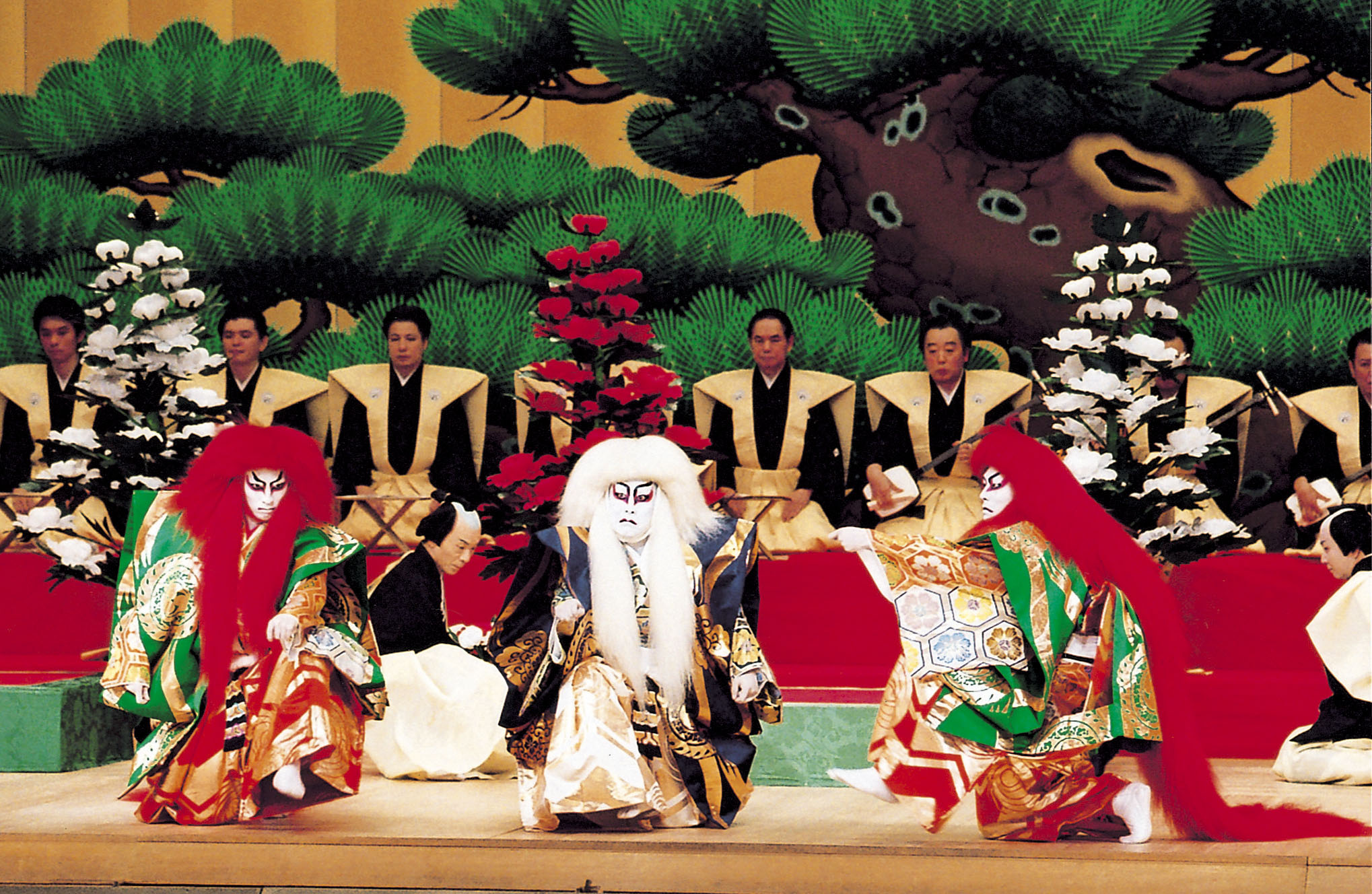A unique blend of various spiritual celebrations and traditional beliefs characterizes Japan’s religious makeup. Shintoism, with its reverence for nature and ancestral spirits, and Buddhism, with its teachings on enlightenment and compassion, are the two major religions in the country.
Read MoreThe three syllables that make up the word “kabuki” (歌舞伎), mean “music”, “dance”, and “acting”, respectively. The whole word itself comes from an archaic verb kabuki, which means “to incline”, and references the actors' flamboyant clothes and actions. Since the kabuki’s founding, spectators were well aware that this new type of theater would be a strong deviation from noh traditions.
Read MoreSitting on tranquil waters in the very heart of Tennozu Isle’s contemporary art scene is the marvelous T-Lotus M. Internationally acclaimed Japanese architect Kengo Kuma designed this stunning three-story structure, which is now available to hire for events.
Read MoreHave you ever thought of visiting Japan for a foray of modern art? Japanese artists have put their names out there on the international stage, and now every month dozens of art festivals take place all around the country. We’ve picked out the best 5 here for you to plan an amazing art journey to Japan.
Read MoreWhile Tokyo's vast array of exhibitions and art hubs can be difficult to navigate, there is one area that is not to be overlooked - that is Tennozu Isle. Located within walking distance from Shinagawa, the “isle” is characteristically surrounded by canals.
Read MoreIn Japan, New Year's is one of the busiest time of the year but also one of the most festive! We'd like to take this opportunity to share with everyone some of the fun foods and activities you'll only be able to experience around this season.
Read MoreAutumn is arguably the best time to be in Japan.For many people in Japan, autumn marks the end of hectic summer vacations, signaling a transition to a season filled with delicious food, gorgeous scenery, and a flourishing of the arts.
Read MoreThe traditional Japanese wedding (Shinto wedding, also referred to as the shinzen shiki wedding) actually originated from the wedding ceremony of the Taisho Emperor more than a century ago. Ever since, the style of wedding has been adopted even by commoners, and became the “traditional Japanese wedding” that we know of today.
Read MoreGoing to a sumo wrestling tournament is a great way to experience traditional Japanese culture. Sumo wrestling is the national sport of Japan, and it goes back thousands of years. Originally part of a religious ritual, it has now evolved into a fascinating sport and industry, drawing visitors to tournaments from across the globe.
Read MoreJapan has four seasons, and the people of Japan traditionally have had numerous ways to enjoy each of them. They place great importance on the progression of the four seasons, and have developed their culture and leisure activities around it. The ancestors of today's Japanese population thought up numerous special ways to escape the summer heat.
Read More










